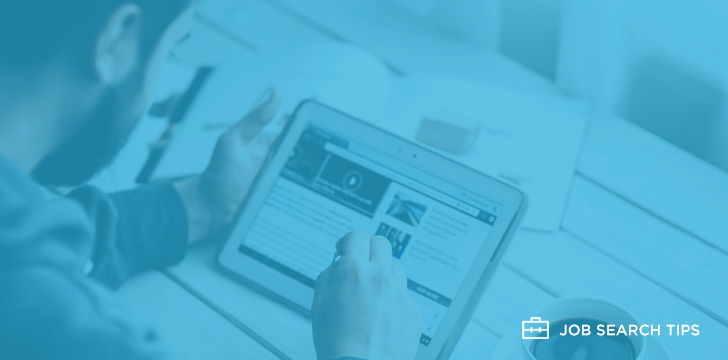Just to circle back to the previous article about writing a rock solid resume, if you missed it check out Resume Tips, I felt that it may not be a bad idea once your phone is ringing to “brush up” on the best tips for interviewing your dream job.
Share this article with a friend that may be getting ready for the biggest interview of their career.
When you have successfully mastered cover letters, resumes, and job applications and are receiving requests for interviews, it’s time to understand how to succeed in the job interview so that you are ever closer to your goal of obtaining one or more job offers. This article focuses on the ten most important job interviewing tips for jobseekers.
1. Conduct Research on the Employer, Hiring Manager, and Job Opportunity
Success in a job interview starts with a solid foundation of knowledge on the jobseeker’s part. You should understand the employer, the requirements of the job, and the background of the person (or people) interviewing you. The more research you conduct, the more you’ll understand the employer, and the better you’ll be able to answer interview questions (as well as ask insightful questions — see #8). Scour the organization’s website and other published materials, search engines, research tools, and ask questions about the company in your network of contacts. Learn more about job search job interview researching here.
2. Review Common Interview Questions and Prepare Your Responses
Another key to interview success is preparing responses to expected interview questions. First, ask the hiring manager as to the type of interview to expect. Will it be one-on-one or in a group? Will it be with one person, or will you meet several members of the organization? Your goal is to try to determine what you’ll be asked and to compose detailed yet concise responses that focus on specific examples and accomplishments. A good tool for remembering your responses is to put them into a story form that you can tell in the interview. No need to memorize responses (in fact, it’s best not to), but do develop talking points. There are excellent tools available to help you with interview questions and responses. Also, consider using the STAR Interviewing Technique.
3. Dress for Success
Plan out a wardrobe that fits the organization and its culture, striving for the most professional appearance you can accomplish. Remember that it’s always better to be overdressed than under — and to wear clothing that fits and is clean and pressed. Keep accessories and jewelry to a minimum. Try not to smoke or eat right before the interview — and if possible, brush your teeth or use mouthwash. Find more detailed advice — including specifics for men and women jobseekers — in our article, When Job-Hunting, Dress for Success.
4. Arrive on Time, Relaxed and Prepared for the Interview
There is no excuse ever for arriving late to an interview. Short of a disaster, strive to arrive about 15 minutes before your scheduled interview to complete additional paperwork and allow yourself time to get settled. Arriving a bit early is also a chance to observe the dynamics of the workplace.
The day before the interview, pack up extra copies of your resume or CV and reference list. If you have a portfolio or samples of your work, bring those along too. Finally, remember to pack several pens and a pad of paper to jot notes. Finally, as you get to the offices, shut off your cell phone. (And if you were chewing gum, get rid of it.) For additional tips and advice, read our article, 24-Hour Countdown to the Job Interview.
5. Make Good First Impressions
A cardinal rule of interviewing is to be polite and offer warm greetings to everyone you meet — from the parking attendant to the receptionist to the hiring manager. Employers often are curious how job applicants treat staff members — and your job offer could easily be derailed if you’re rude or arrogant to any of the staff. When it’s time for the interview, keep in mind that first impressions — the impression interviewers get in the first few seconds of meeting you — can make or break an interview. Make a strong first impression by dressing well (see #3), arriving early (see #4), and when greeting your interviewer, stand, smile, make eye contact, and offer a firm – but not bone-crushing – handshake. Remember that having a positive attitude and expressing enthusiasm for the job and employer are vital in the initial stages of the interview; studies show that hiring managers make critical decisions about job applicants in the first 20 minutes of the interview.
If this was helpful, make sure to check out the rest of the article here
Got any interview of job tips you want to share? Leave them in the comments below or feel free to contact me 🙂
